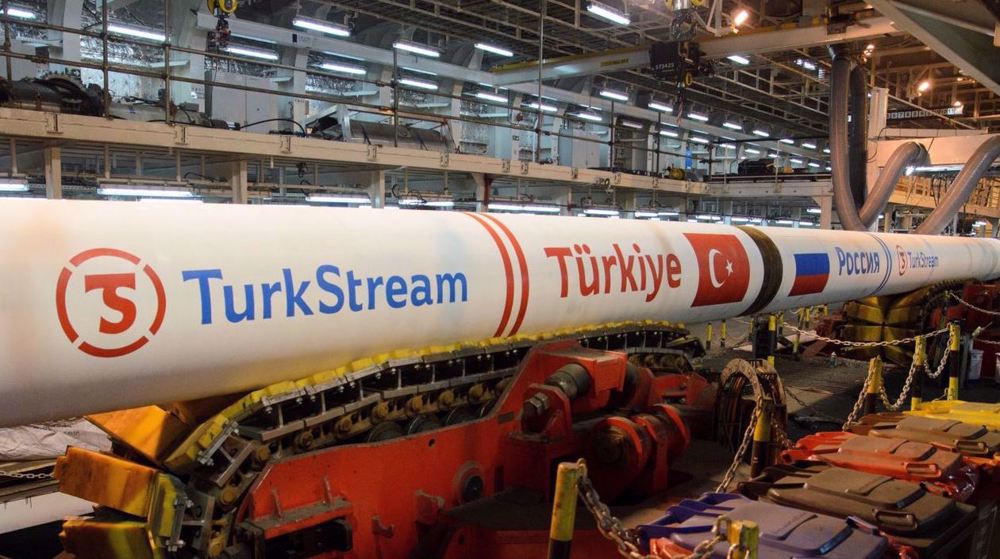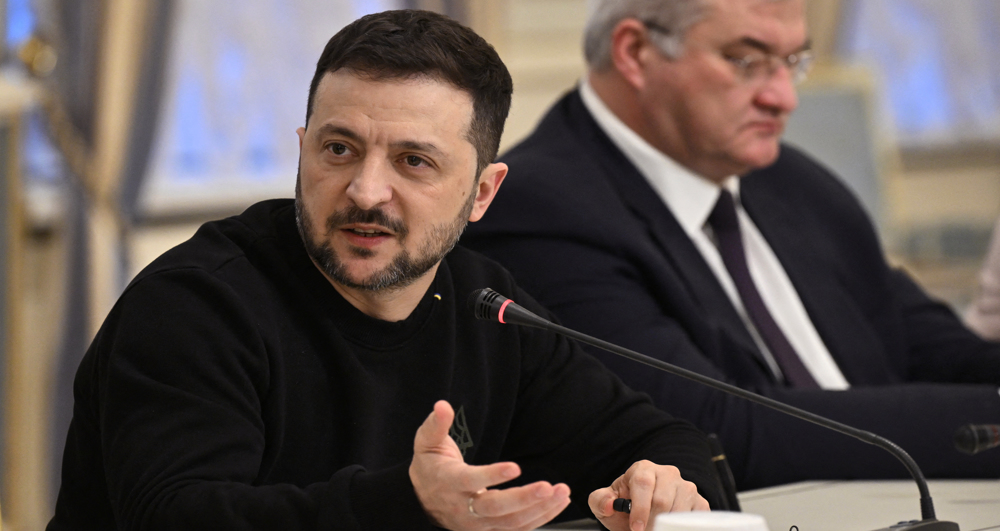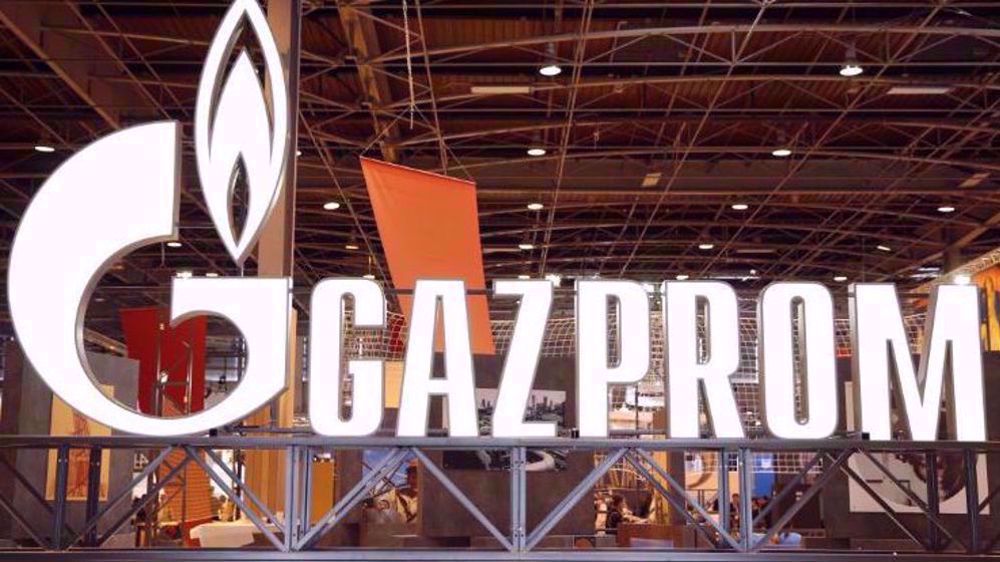Russia slaps retaliatory sanctions on EU officials over Navalny case
Russia has imposed retaliatory sanctions against a number of European officials in response to punitive measures issued by the European Union (EU) against Moscow over the case of Russian opposition figure Alexei Navalny.
Russia's Foreign Ministry said on Tuesday that in response to "confrontational" EU actions, it had "decided to expand the list of representatives of EU member states and institutions who will be denied entry to the Russian Federation."
The tit-for-tat sanctions were announced after Moscow summoned top diplomats from three EU countries.
German, French, and Swedish representatives were called to the Russian Foreign Ministry in "connection with the introduction of EU anti-Russian sanctions," a ministry spokeswoman told AFP.
Last month, Russia's Foreign Minister Sergei Lavrov said that Moscow would soon announce punitive measures against senior French and German officials in retaliation for the introduction of sanctions by Berlin and Paris against Russian officials over the alleged poisoning of Navalny in August.
EU foreign ministers had agreed in October to back a French-German proposal to impose sanctions on several Russian military intelligence officials over Navalny's case.
Navalny, 44, collapsed during a domestic Russian flight on August 20 and was taken to a local hospital. He was airlifted to Berlin on August 22. Navalny's aides claimed he had been poisoned after drinking a bottle of water at a hotel before the flight.
On September 2, Germany claimed without evidence that the Russian opposition figure had been poisoned with a Novichok nerve agent.
The Russian doctors who tested Navalny's blood for poisoning before he was moved to Germany said at the time that the test results had come back negative.
Western governments have nevertheless been attacking Russia with accusations that it poisoned Navalny, saying Moscow must help investigate the case or face consequences.
The Russian government has denied any involvement in any attack on Navalny, who was discharged from a Berlin hospital in September.
Germany has rejected a request by Russian prosecutors to provide Navalny's medical records for a comparative study of his condition.
Hamas thanks Iran, Resistance Front following achievement of ceasefire in Gaza
'Capitulation': Israeli officials and media concede Gaza defeat as truce unfolds
'Gaza has won': Social media users react to ceasefire with mix of relief, joy
Iran seeks South Korea’s assistance for AI, fiber-optic projects
VIDEO | Iran's 'Eqtedar' (Power) maneuver
Israel hits HTS military target in Syria for 1st time since fall of Assad
VIDEO | Press TV's news headlines
Israel has slaughtered 13,000 students in Gaza, West Bank
















 This makes it easy to access the Press TV website
This makes it easy to access the Press TV website